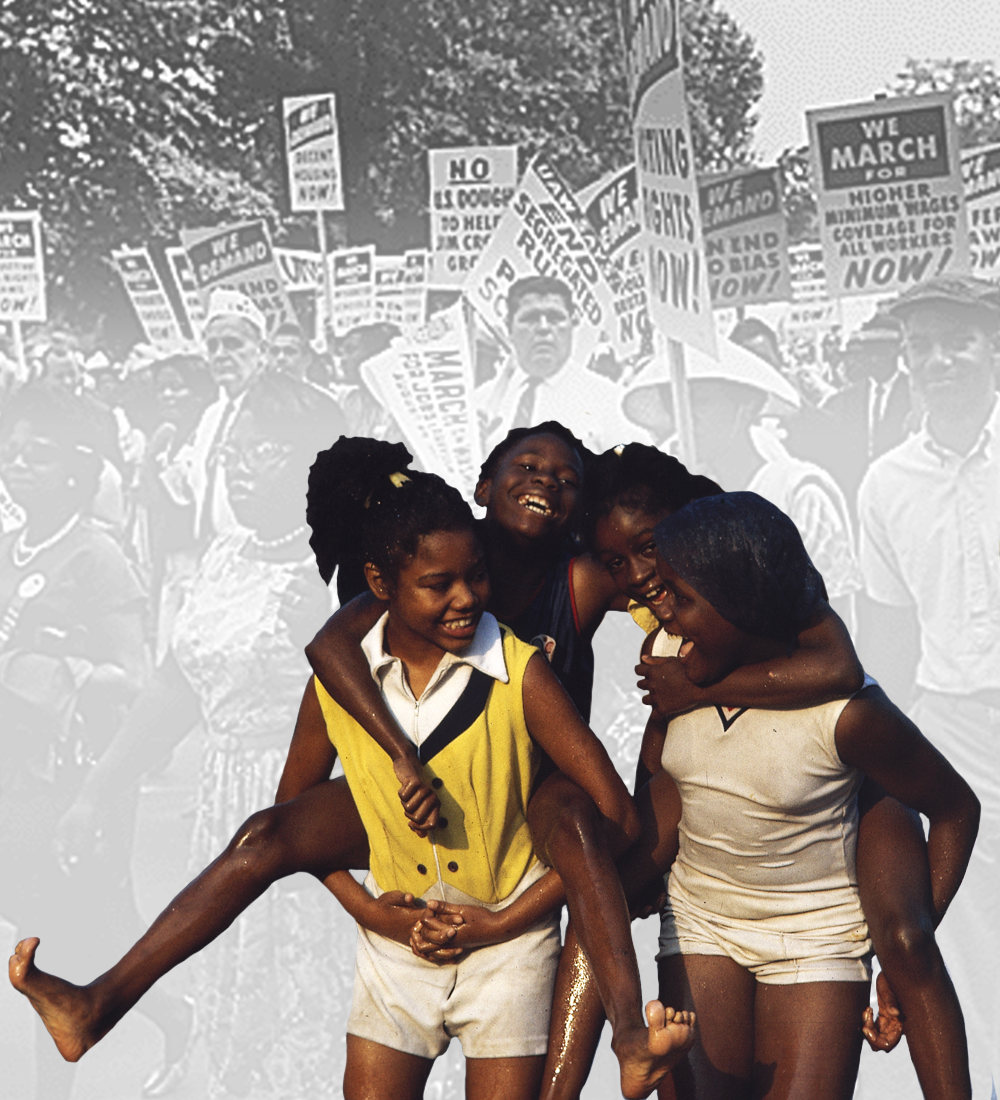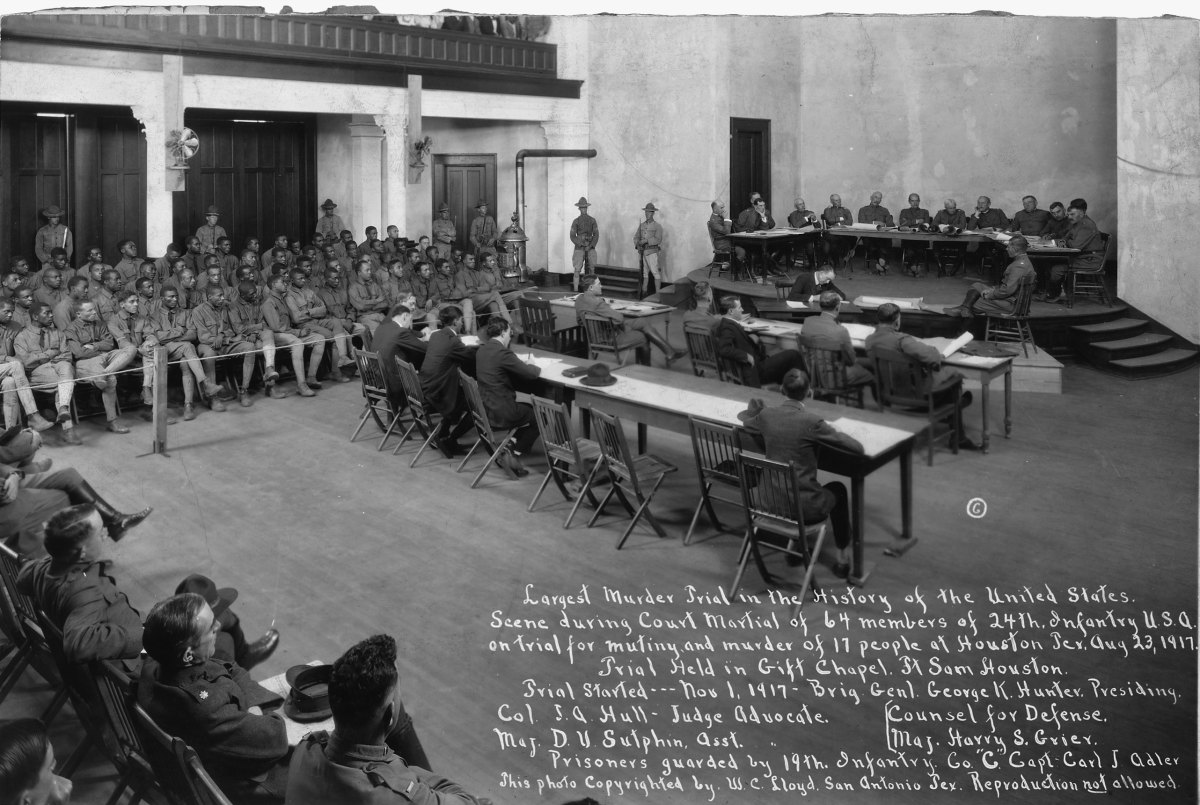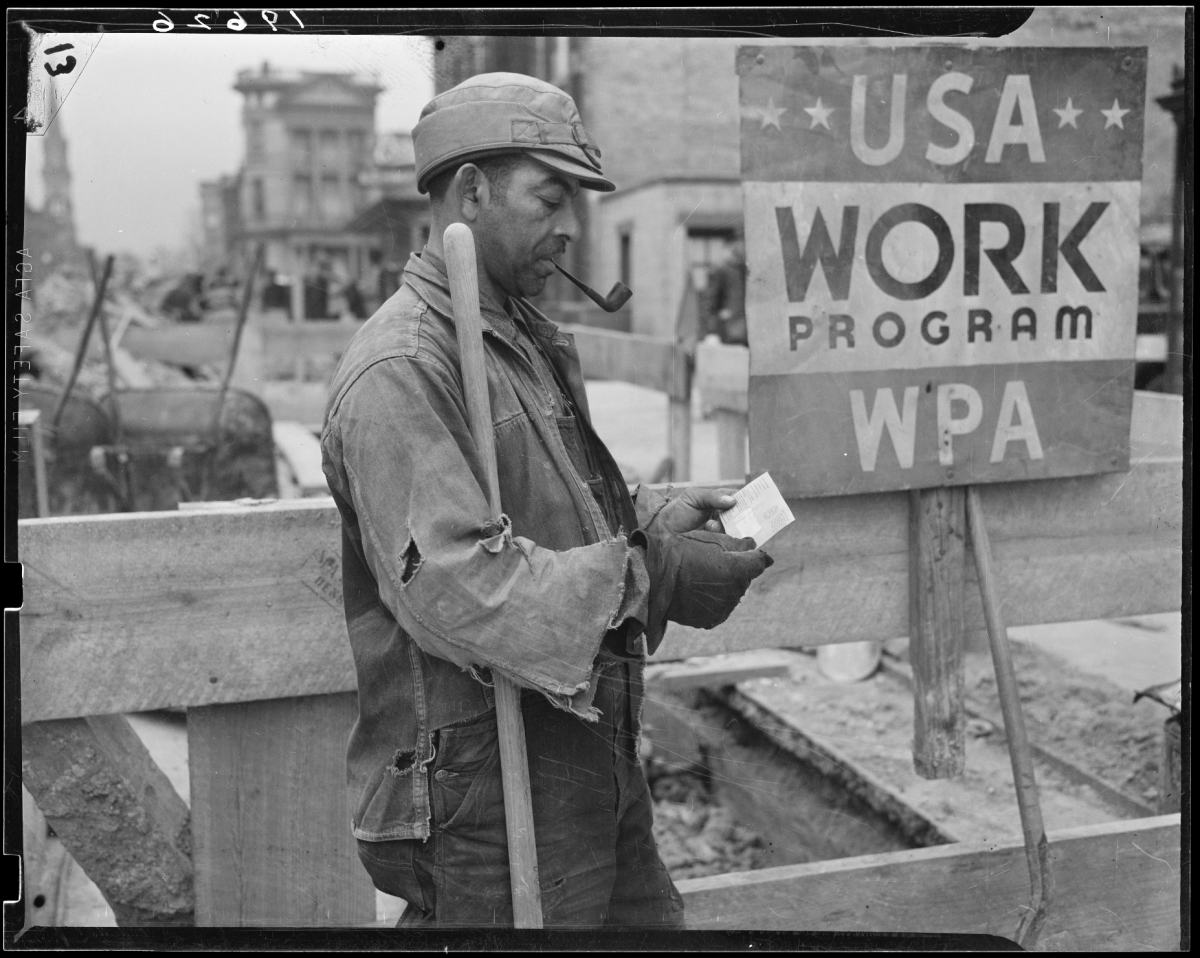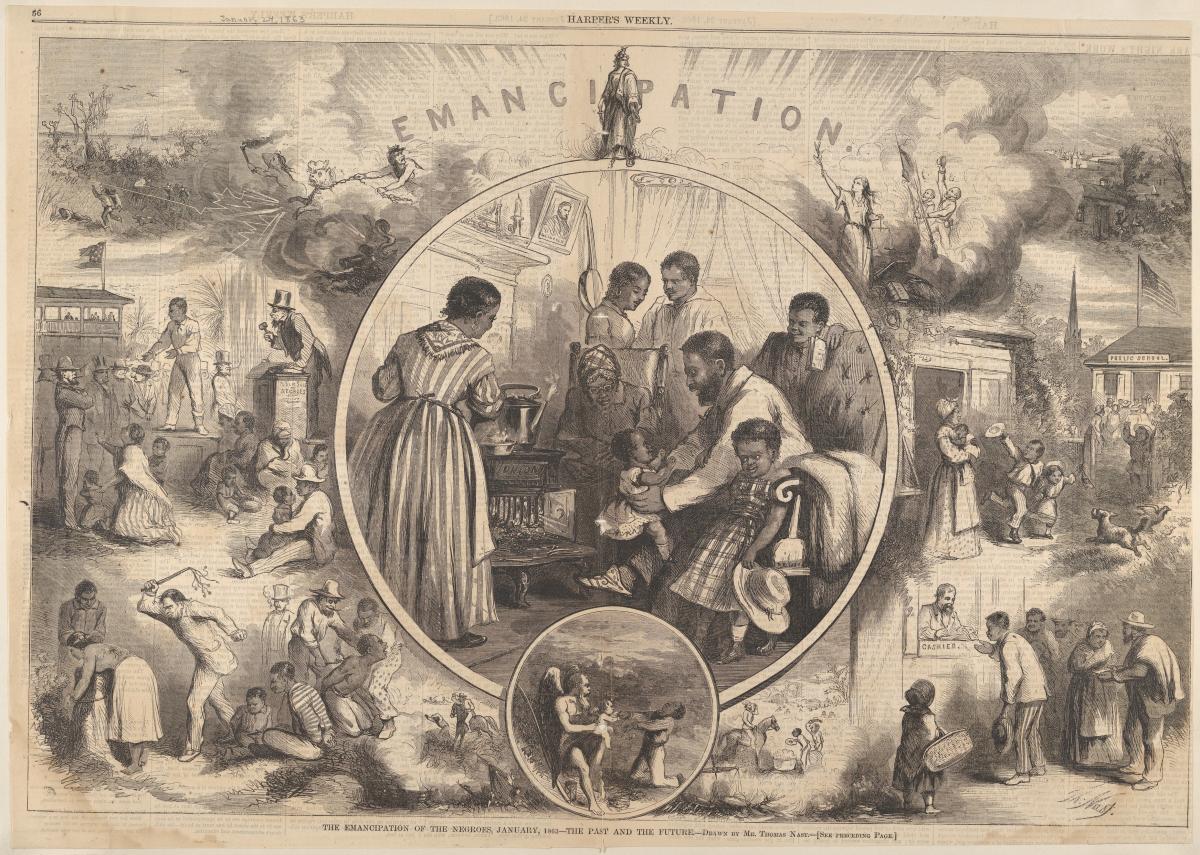
Know Your Records Program
Find an EventThe Know Your Records program provides educational resources on how to access and conduct research using U.S. federal government records held at the National Archives and Records Administration.
2024 ScheduleAfter the event's premiere date, the video and presentation materials remain available and added to our YouTube Playlists.
|
|
|
May 21–June 25, 2024 |
|
|
Thursday, September 26 1 p.m. ET
|
Researching Court-Martial Records at the National Archives at St. Louis Kayla Dawkins and Katherine Terry
Courts-martial are trials convened to try members of the armed forces or other countries' prisoners of war (POWs). Records of these trials can cover cases ranging from petty theft to conscientious objection to murder. Our presenters will give a history of court-martial records, examples of record content found at the National Archives at St. Louis, and step-by-step guidance on requesting these publicly available records. |
|
Tuesday, November 19 1 p.m. ET
|
New Deal-Era Photographs within the Holdings of the Still Picture Branch Sarah Bseirani and Kaitlyn Crain Enriquez
With more than sixty federal agencies and offices created between 1933 and 1939, photographs taken during the New Deal-era are spread across many different record groups and series. Our presenters will provide an overview of Still Picture Branch holdings that document New Deal-era projects. They will specifically focus on series that contain images related to New Deal arts and culture programs, public works programs, rural and farm assistance, and land and wildlife conservation. |
|
Thursday, December 12 1 p.m. ET
|
Jubilee! Records of Emancipation at the National Archives and Records Administration Damani Davis
On June 19, 1865, U.S. Maj. Gen. Gordon Granger issued General Order No. 3, which informed the people of Texas that all enslaved people were now free. This day has come to be known as Juneteenth, a combination of June and 19th. It is the oldest known celebration commemorating the end of slavery in the United States. This presentation features emancipation-related records housed at the National Archives in Washington, DC. Although the bulk of these records—other than General Order No. 3—are not directly associated with the tradition of Juneteenth itself, the featured records highlight the general theme of emancipation that ultimately culminated in General Order No. 3 and the Juneteenth tradition. The records highlighted in this presentation are significant due to their genealogical value as well as for general historical information related to the history of emancipation in the United States. |
YouTube PlaylistsView videos from previous events on people, places, events and other popular research topics of interest from these playlists. |
|||||
 |
African American Records |
Arts & Culture |
|||
|
|
America's Founding Documents |
Events, Centennials & Holidays |
|||
Federal Government |
 |
Genealogy |
|||
|
|
Foreign Policy, Military Records & Investigations |
|
People |
||
|
|
Places |
 |
Preserving Family Records |
||
|
|
Science & Technology and Transportation |
 |
Native American Records |
||
 |
U.S Veterans |
|
Civilian Service |
||
All events listed in the calendar are free unless noted.
PDF files require the free Adobe Reader.
More information on Adobe Acrobat PDF files is available on our Accessibility page.



